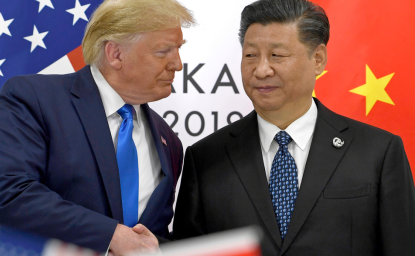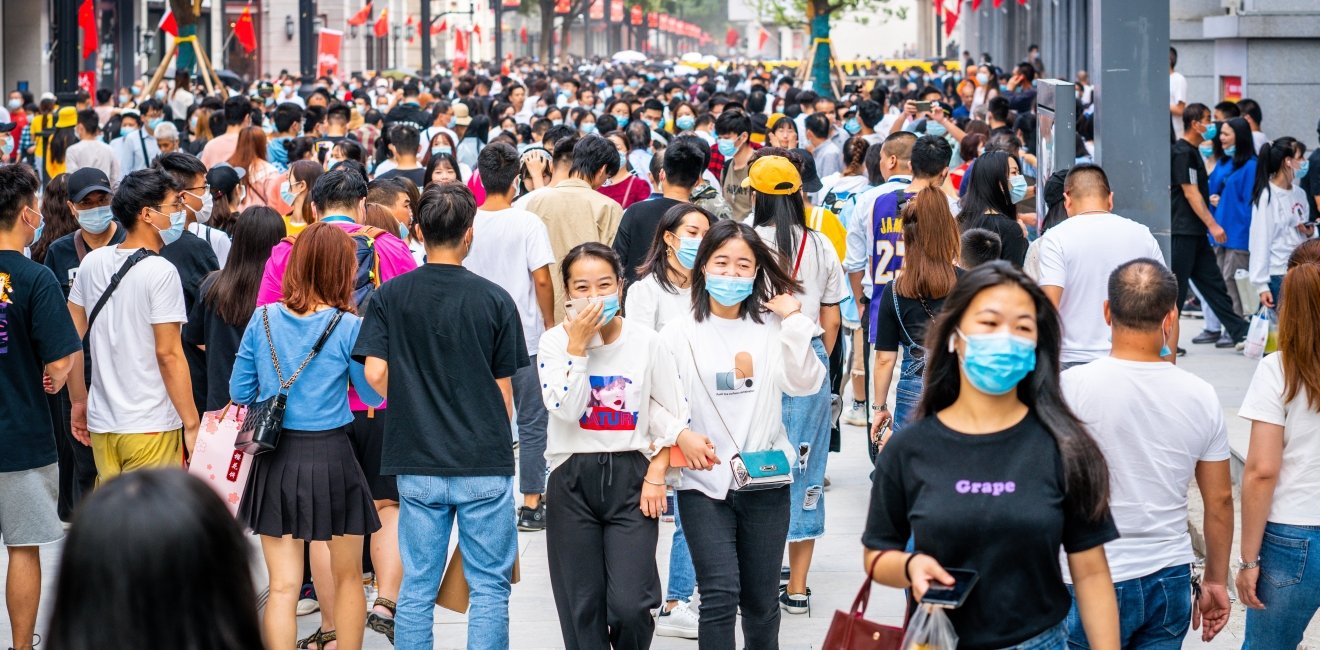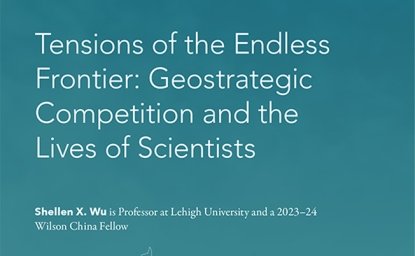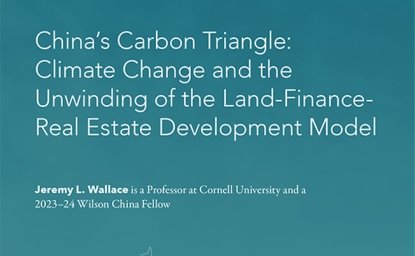
Video: Ireland’s Deepening Economic Relationship with China
Economic relations between Ireland and China have expanded in recent years. Chinese investment in Ireland jumped by 56% in 2019, even as it fell in Europe as a whole. The value of Irish exports to China grew from less than $4 billion in 2016 to $11.25 billion in 2020.
For Ireland, China presents an opportunity to diversify trade and investment at a critical time for Irish businesses. For China, Ireland is a gateway to the European market and, following Brexit, the only EU country other than Malta with English as an official language. As a business and tech hub, Ireland is an attractive place for Chinese firms to headquarter.
While the economic benefits of closer Irish ties with China are obvious, the political implications are less clear. The relationship is not developing in a vacuum, but in the context of a shift in relations between Europe, the U.S., and China. Ireland must reckon with how it views its role in this evolving environment.
The event was hosted by the Trinity Centre for Asian Studies and The Wilson Center's Kissinger Institute on China and the United States and Global Europe Program.
Panelists included:
Jamil Anderlini – Asia Editor, The Financial Times
Finbarr Bermingham – Europe Correspondent, South China Morning Post
Tim Mawe – Regional Director for Asia Pacific, Department of Foreign Affairs of the Republic of Ireland
Yvonne Murray – Journalist, RTÉ

Kissinger Institute on China and the United States
The Kissinger Institute works to ensure that China policy serves American long-term interests and is founded in understanding of historical and cultural factors in bilateral relations and in accurate assessment of the aspirations of China’s government and people. Read more


Global Europe Program
The Global Europe Program is focused on Europe’s capabilities, and how it engages on critical global issues. We investigate European approaches to critical global issues. We examine Europe’s relations with Russia and Eurasia, China and the Indo-Pacific, the Middle East and Africa. Our initiatives include “Ukraine in Europe”—an examination of what it will take to make Ukraine’s European future a reality. But we also examine the role of NATO, the European Union and the OSCE, Europe’s energy security, transatlantic trade disputes, and challenges to democracy. The Global Europe Program’s staff, scholars-in-residence, and Global Fellows participate in seminars, policy study groups, and international conferences to provide analytical recommendations to policy makers and the media. Read more

Explore More
Browse Insights & Analysis
China Strikes Back Against US Tariffs, But Leaves Room for Negotiations



